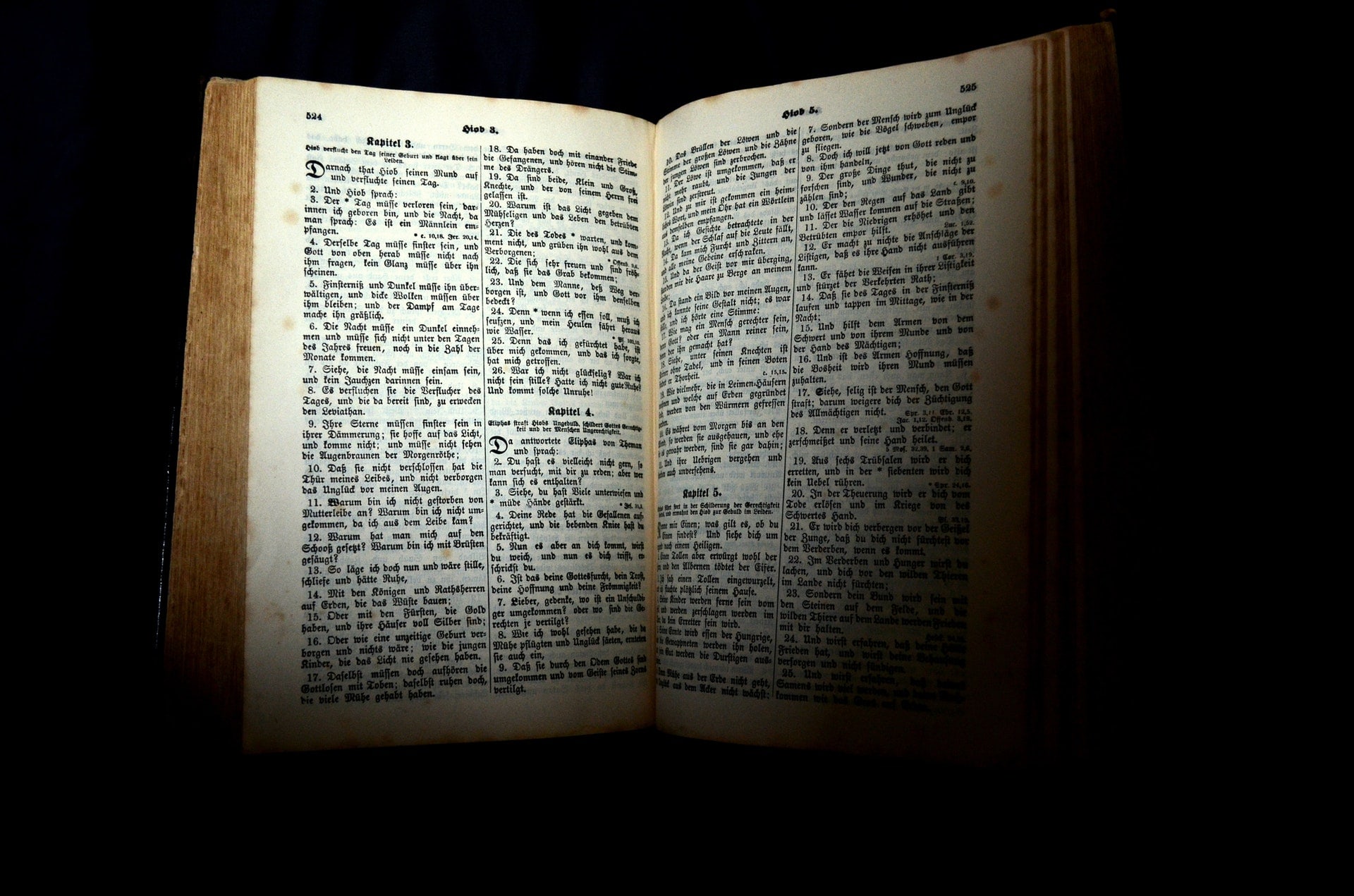How Jesus “fulfilled” the Law and the Prophets
Do not suppose that I came to abolish the Law or the Prophets; I did not come to abolish them but to fulfill them.
Matthew 5:17
Our world is driven by the desire to discover the truth about everything. We want to know what’s going on in the furtherest reaches of space, and we want to understand the smallest particles of the universe. And after all our research, are there things we can say are true? Yes. We call many of these truths “laws.” We have the law of gravity, the first and second laws of thermodynamics, and many others.
We are confident affirming many of our universe’s physical laws, but how sure are we about its non-physical laws–laws that are based on truths invisible to microscopes and telescopes. The ancient Hebrew Scriptures (“the Law and the Prophets”) have a lot to say about these truths, and Jesus taught on them often, but his message was so different from what the people usually heard that many wondered if he was a false prophet. Jesus addresses this subject in verse 17. He says he did not come to loosen or destroy the authority of the Scriptures, but to “fulfill” them.
How did Jesus fulfill them? To answer that question we need to understand the purpose of the Hebrew Scriptures. And according to the writers of the New Testament, the earlier testament was a foreshadowing of the advanced studies the Messiah would bring.
- The book of Hebrews refers to the Old Testament as “the elementary teachings about Christ” (6:1) and “only a shadow of the good things that are coming–not the realities themselves.” (10:1).
- Colossians 2:17 says, “These rules are only shadows of the reality yet to come, and Christ is that reality.”
So the purpose of the Law and the Prophets was to identify the Messiah and prepare God’s people for his coming. How did Jesus “fulfill” these Scriptures? Some say he fulfilled them by being perfectly obedient to all 613 commandments found in the Torah. Others say he fulfilled the Scriptures by bringing out their full meaning. These answers have merit, but they are only part of the truth. The ultimate answer is more encompassing–Jesus “fulfilled” the Scriptures by being the one they pointed to. Jesus would bring all the laws and prophecies to fruition. If we paraphrase verse 17, Jesus is saying something along the lines of, “Don’t think that I came to set aside the Scriptures. I didn’t come to set them aside. I came to accomplish what the Scriptures predicted and to carry them into a new era of fulfillment.”
According to Jesus, the authority of the Scriptures is not abolished, but the role of the law and prophets is different now that the one they pointed to has arrived. “Search the Scriptures,” Jesus said. “You think that in them you have eternal life, and these are the Scriptures that testify about me” (John 5:39). When we grasp the fact that the entire Old Testament is an elementary textbook designed to teach humankind about Jesus, we will be better prepared to consider how the laws and regulations in the Old Testament affect Christians. In essence, it means that every Old Testament commandment must be filtered through what we might call a “fulfillment-in-Christ” grid. We do that by identifying the eternal principle behind the commandment and applying it to our circumstances.
Next: Some examples of how Christians can apply Old Testament laws in today’s world.

